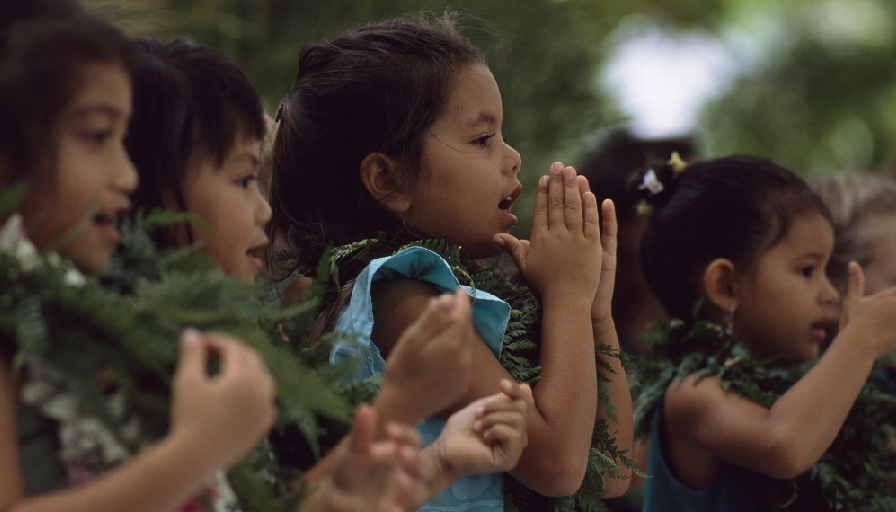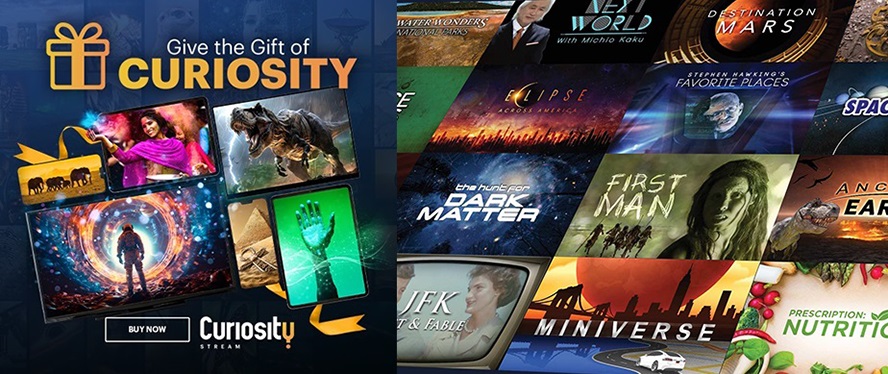
For as long as humans have gathered around campfires, families have exchanged tales, and communities have remained bonded by shared experiences, oral history has flourished. This tradition of passing down stories through generations is a cornerstone of cultural preservation. Here we examine the world of oral history, exploring its significance, the powerful role it plays in preserving culture, and its interconnectedness with genealogy.
Contents
The Art of Oral Storytelling
Oral storytelling is an age-old tradition that involves conveying stories, history, music, and experiences by word of mouth. Before the advent of written language, this was the primary way people shared knowledge. It’s more than just storytelling, though; it’s an art form that engages listeners, captures imaginations, and imparts wisdom. It relies heavily on the storyteller’s ability to infuse tales with emotion and personal insight, making each retelling a unique experience.
Across different cultures, oral storytelling has served many purposes. From educating younger generations about societal norms to preserving vital cultural practices and beliefs, storytelling is deeply woven into the fabric of human society. Even today, in our fast-paced digital world, the impact of a well-told story remains profound, illustrating the timelessness of this tradition.
The Role of Oral History in Cultural Transmission
Cultural transmission is the act of passing cultural elements from one generation to the next. It’s here that oral history serves as a powerful vehicle for enduring continuity. Through stories, songs, and oral testimonies, cultures retain their uniqueness and identity.
Consider Indigenous cultures, where oral history is a key method of preserving languages, traditions, and teachings that may not have been formally recorded. Elders often share their knowledge with younger community members, ensuring the survival of their language, crafts, stories, and wisdom.
Similarly, in African communities, the role of the griot is invaluable. These historians, musicians, and storytellers are entrenched in the tradition of oral history, serving as repositories for a community’s memories and significant events. Through their narratives, they promote a shared sense of identity, unity, and history.
The Importance of Oral History Documentation
Over time, oral history has evolved to adapt to contemporary methods of documentation. Modern technology allows us to capture these stories through audio and video recordings, preserving them with a clarity and fidelity that written words sometimes cannot convey. This ensures that the emotions, nuances, and expressions within the stories are not lost in translation.
By documenting oral histories, we bring these invaluable accounts into the modern era, making them accessible to a wider audience. This not only preserves the stories but also enriches our understanding of different cultures and histories. The documented narratives pave the way for cross-cultural appreciation and the honoring of diverse voices and perspectives.
Genealogy and Oral History
Our genealogical roots often become clearer through oral history. As families pass down stories, they weave a tapestry of shared origins, struggles, and achievements. These stories act as a living genealogical record, offering insight into where we come from and who our ancestors were.
Unlike written genealogical records, which sometimes omit the emotional context behind an individual’s life, oral histories add a personal dimension. They bring family trees to life, enabling us to feel the joys and sorrows of our ancestors. The recollection of family tales at gatherings or reunions often reveals unexpected connections and lost narratives that hold relevant links to our current identities.
Moreover, oral history can fill gaps left by historical records, offering versions of events and personal accounts that are not documented elsewhere. By valuing oral narrative, we strengthen our connection to our lineage and ensure that our familial legacies remain vibrant.
Embracing Oral History in Everyday Life
Integrating oral history into our daily lives need not be a daunting task. By simply engaging with elders and community members, asking them to share their stories, we can continue this valuable tradition. Consider organizing family storytelling nights, community events, or local history projects to capture and celebrate these narratives. This creates a space for sharing, listening, and learning, where oral history can flourish naturally.
Another practical step is to encourage diverse storytelling platforms. From schools incorporating storytelling into their curricula to community centers hosting oral history workshops, expanding the venues for storytelling makes it a communal effort. For those with access to technology, creating personal digital archives of family or community stories can ensure that these records remain accessible for future generations.
Celebrities and Influencers: Modern Storytellers
The role of influencers and celebrities in storytelling cannot be overlooked in today’s digital age. Through social media platforms and interviews, they share personal stories that resonate with larger audiences, igniting conversations on cultural identity, social issues, and shared human experiences. These narratives can function as a modern extension of oral history, spreading awareness and empathy through storytelling on a global scale.
By sharing their journeys, challenges, and triumphs, public figures can illustrate the universal themes underlying personal histories, encouraging followers to reflect on their narratives and consider the value in recording and sharing them. This connection fosters a broader appreciation for oral history as it takes on new forms in contemporary culture.
The Future of Oral History
As we move further into the digital age, the concept of oral history continues to evolve. Podcasts, social media, and digital archives are bringing traditional oral histories into new spaces. They are not only making these stories accessible to global audiences but also encouraging a new generation to appreciate the art of storytelling.
Educational institutions are increasingly recognizing the importance of oral history in understanding cultural and historical dynamics. Students and researchers are encouraged to engage with oral narratives, offering fresh perspectives on historical events and cultural changes. More importantly, technology is making it possible for anyone to participate in the preservation of their cultural narratives, democratizing oral history in groundbreaking ways.
Our challenge and responsibility is to ensure that oral histories are accurately captured and authentically represented. As technology advances, so must our efforts to preserve the integrity and richness of these stories. By nurturing this timeless tradition, we uphold a vital thread in the tapestry of human experience.

